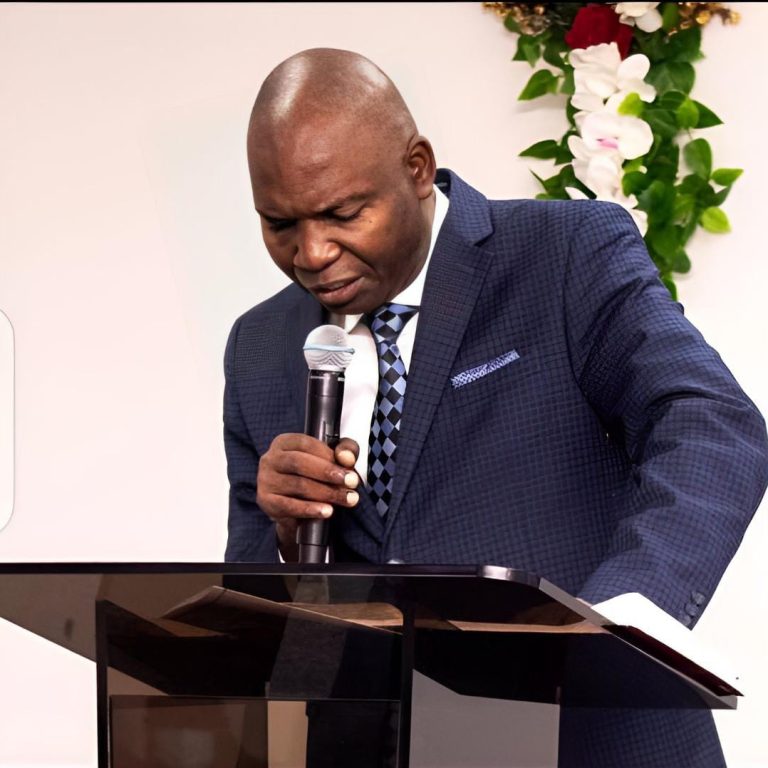Forgiveness is a powerful and transforming act that has the power to heal emotional wounds, rebuild broken relationships, and free people from the burdens of anger and bitterness. Forgiveness is fundamental to Christian teachings because it symbolises the core of Christ’s love and sacrifice. We can experience great healing and restoration in our lives by recognising and embracing the power of forgiveness, promoting love, compassion, and reconciliation.
Meaning of Forgiveness
The Meaning of Forgiveness At its foundation, forgiveness is a deliberate and conscious decision to let go of feelings of wrath, resentment, and retribution towards people who have caused pain or offence. It is not an act of condoning wrongdoing, but rather of compassion and grace towards both the perpetrator and oneself.
Christ’s Forgiveness Model The life of Jesus Christ is held up as the highest example of forgiveness in Christian beliefs. Despite pain and betrayal, Jesus demonstrated unconditional love and forgiveness to those who persecuted Him. His crucifixion and resurrection represent the transformative power of forgiveness. Emotional Wound Healing Unforgiveness can cause emotional wounds to fester over time, affecting both one’s mental and physical health.
When we choose to forgive, we release ourselves from the chains of bitterness and anger, allowing healing to take place. Through Christ’s love, forgiveness brings inner peace and emotional restoration.

Restoring Fractured Relationships
Conflicts and hurts are unavoidable in partnerships. The power of forgiveness rests in its ability to mend broken relationships and rebuild trust. By forgiving, we create a climate of reconciliation, encouraging opportunities for development, understanding, and renewed love.
Releasing Resentment
Holding on to bitterness only serves to prolong misery and suffering. Forgiveness, through Christ’s love, enables us to let go of past grievances and go on with a revitalised sense of purpose and compassion.
Breaking the Harmful Cycle When we forgive others, we interrupt the cycle of retaliation and hurt. Instead of fostering negativity, forgiveness fosters healing and fosters a culture of love and understanding.
Releasing the Burden of Guilt
Just as we extend forgiveness to others, we must also learn to forgive ourselves. Christ’s love teaches us that we are not defined by our mistakes, and through forgiveness, we can release the burden of guilt and embrace the path of redemption.
Embracing Humility
Forgiveness requires humility, as it asks us to acknowledge our vulnerability and imperfections. By embracing humility, we open ourselves to the transformative power of God’s love, which strengthens our capacity to forgive and be forgiven.

A Source of Spiritual Growth
Forgiveness is an integral part of the Christian journey towards spiritual growth and maturity. It deepens our relationship with God and aligns us with His divine purpose of love and reconciliation.
Conclusion
The power of forgiveness, rooted in Christ’s love and sacrifice, holds the key to healing wounds and restoring relationships. By choosing forgiveness, we liberate ourselves from the heavy burdens of resentment and anger, experiencing emotional and spiritual healing. As we extend forgiveness to others and ourselves, we participate in the transformative work of God’s love, fostering compassion, understanding, and reconciliation in our lives and in the world around us. Let us embrace the profound power of forgiveness, guided by Christ’s example, as we journey towards a life filled with love, grace, and spiritual growth.













